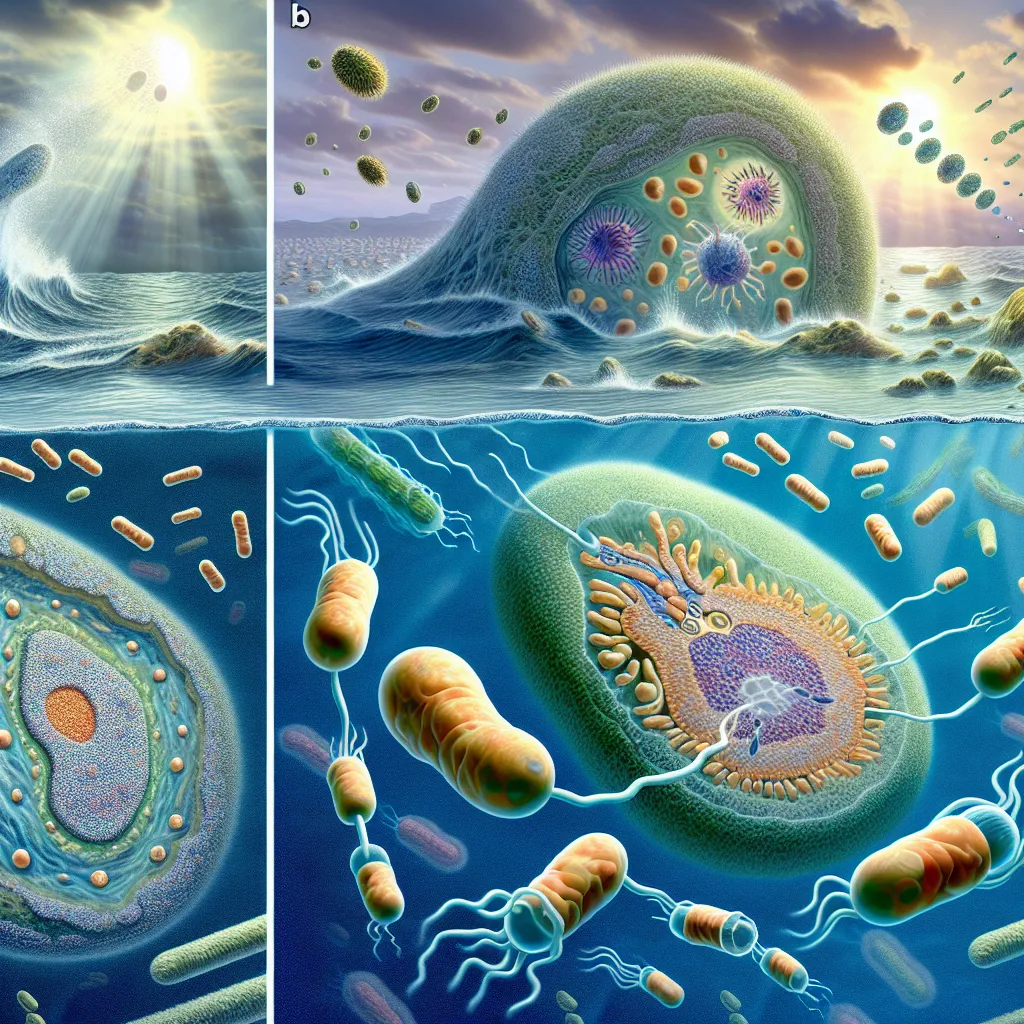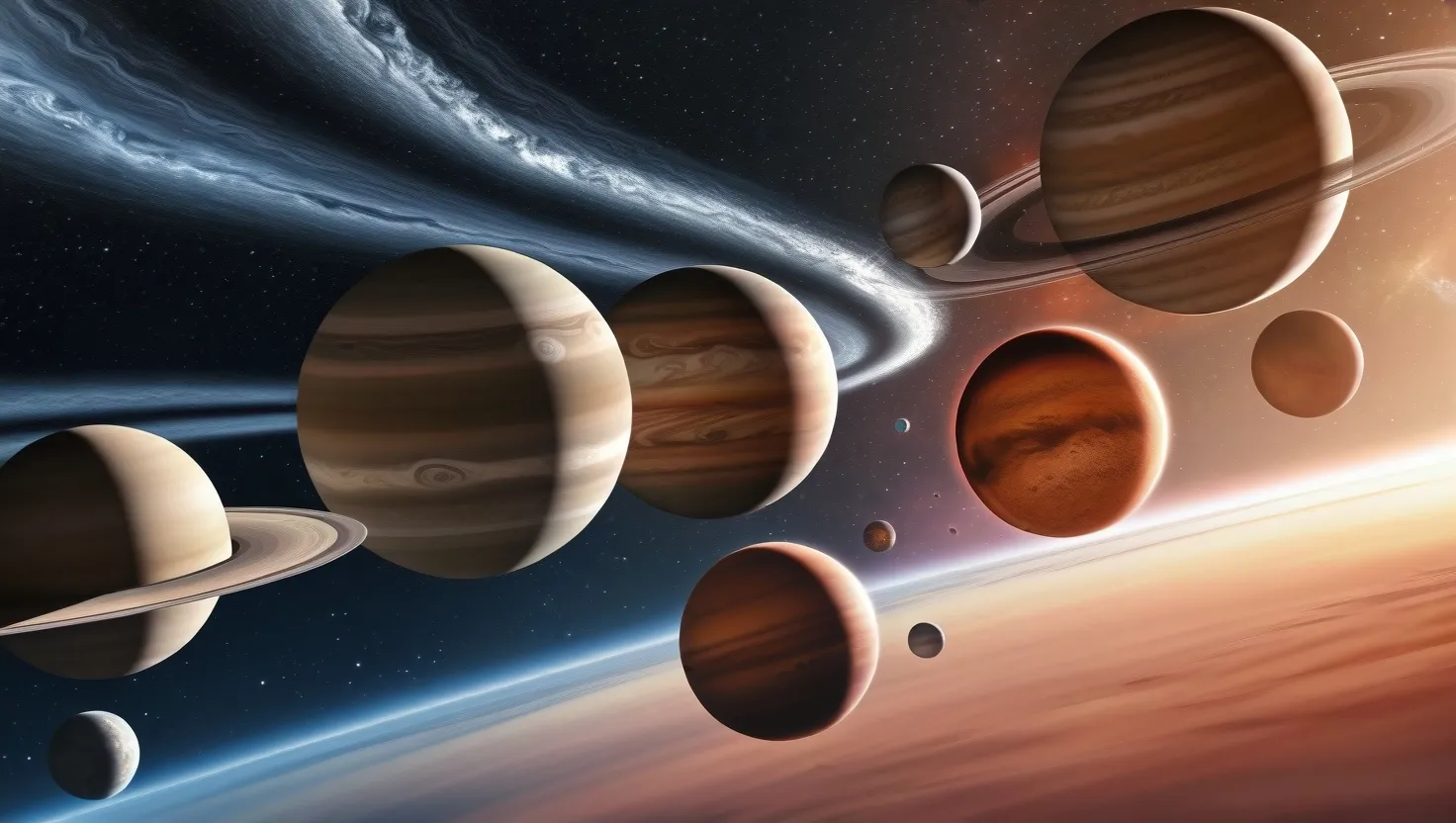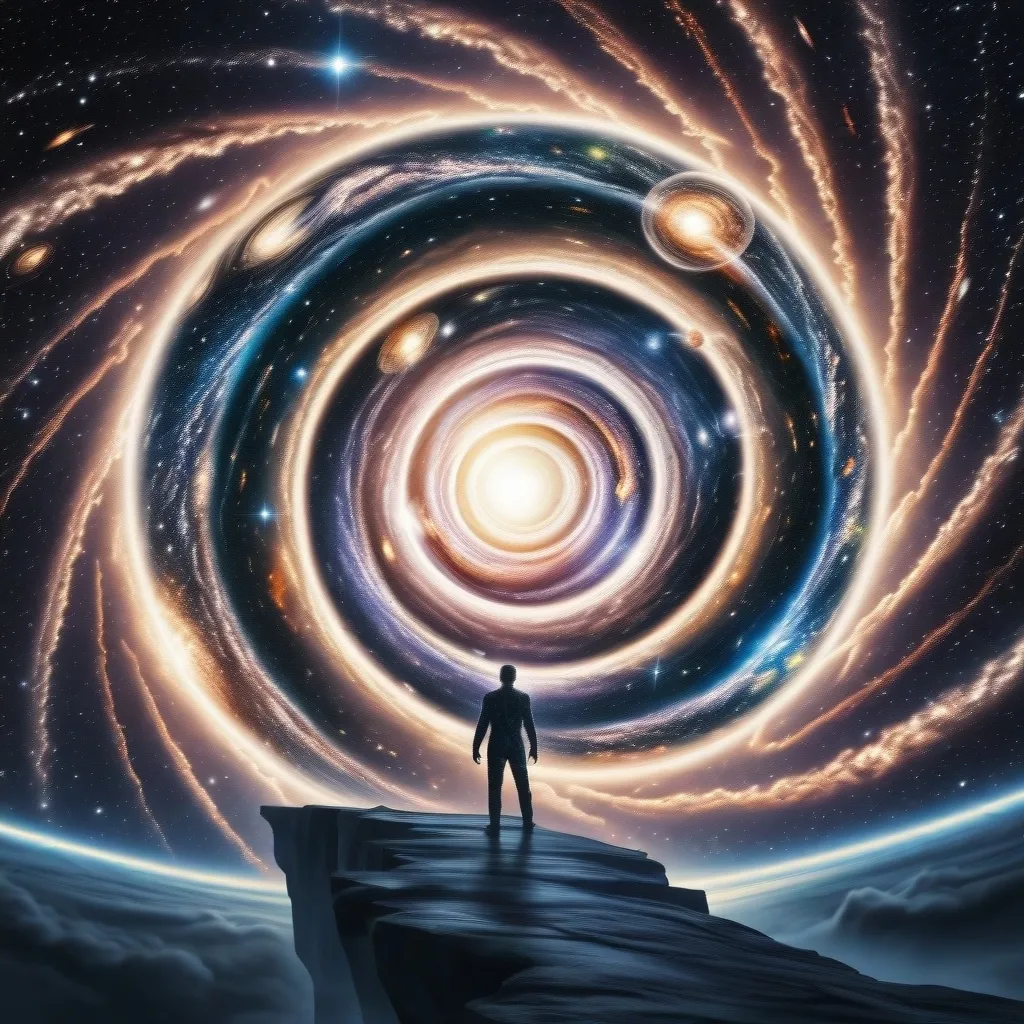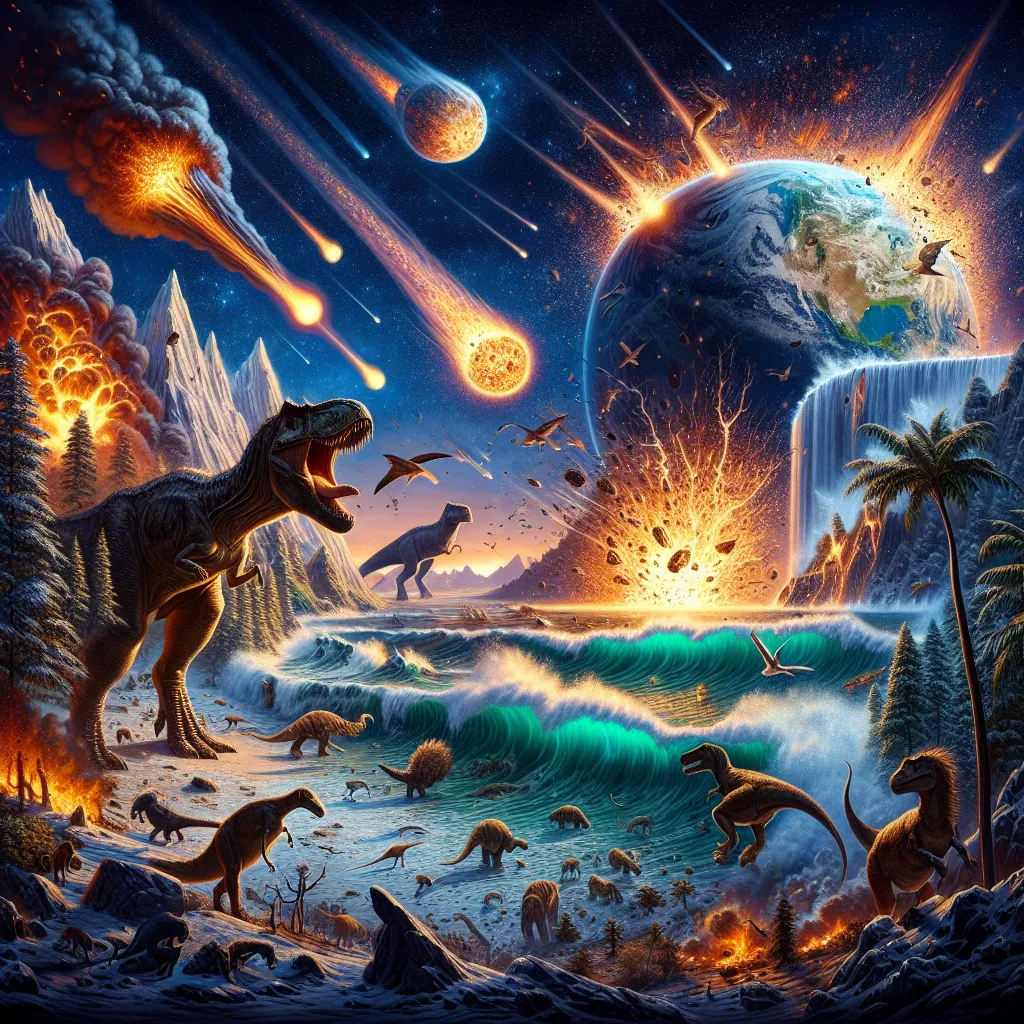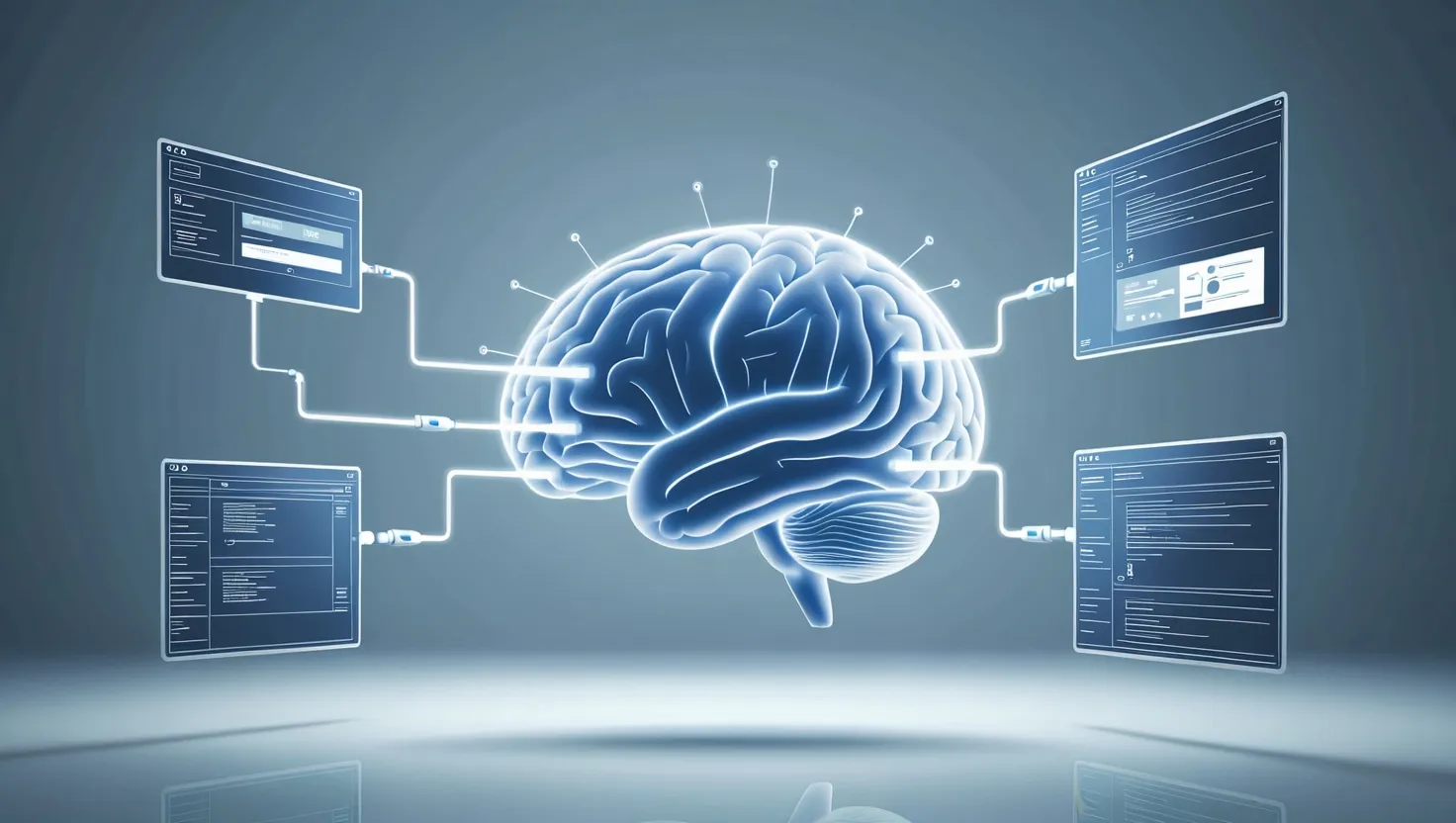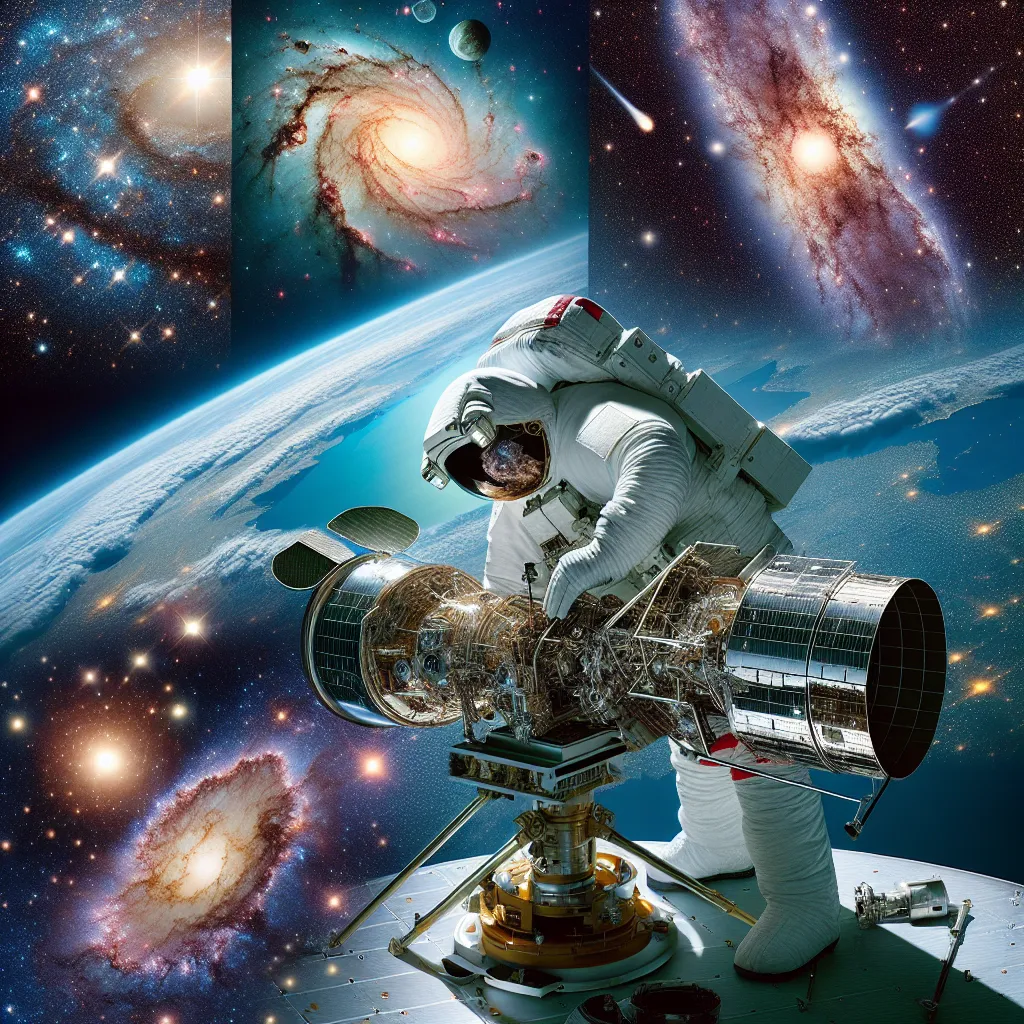Long ago, about 2.7 billion years back, life existed as single microscopic cells. These simple cells floated in an ancient ocean, most of them just basic bacteria. One day, one of these cells swallowed a bacterium, a momentous event that changed the trajectory of life on Earth.
The cell absorbed chemicals from the surrounding water and the swallowed bacterium started to function like a small engine. This engine, known as a mitochondrion, extracted energy from the chemicals, keeping a bit for itself and sending the remaining energy to the host cell. Mitochondria have their own unique genes and work independently within our cells. They’ve stuck around ever since, their tiny engines powering life from its very first spark to the complex beings we are today.
Another vital twist in our journey was the mutation of a species of bacteria, which began to harness energy from sunlight. This process produced a byproduct called oxygen, which gradually filled our oceans and atmosphere. This influx of oxygen paved the way for more complex life forms.
With more oxygen available, our ancestors could become larger and more advanced. Muscle cells began to cluster around veins, pumping blood and oxygen more efficiently throughout the body. This development led to the birth of the first heartbeats, which pushed oxygen further and faster.
Turbocharged with oxygen, early life forms gained new mobility and resilience, able to travel faster and farther than ever before. This set the foundation for the incredible journey of life, eventually leading to the modern humans we are today.
